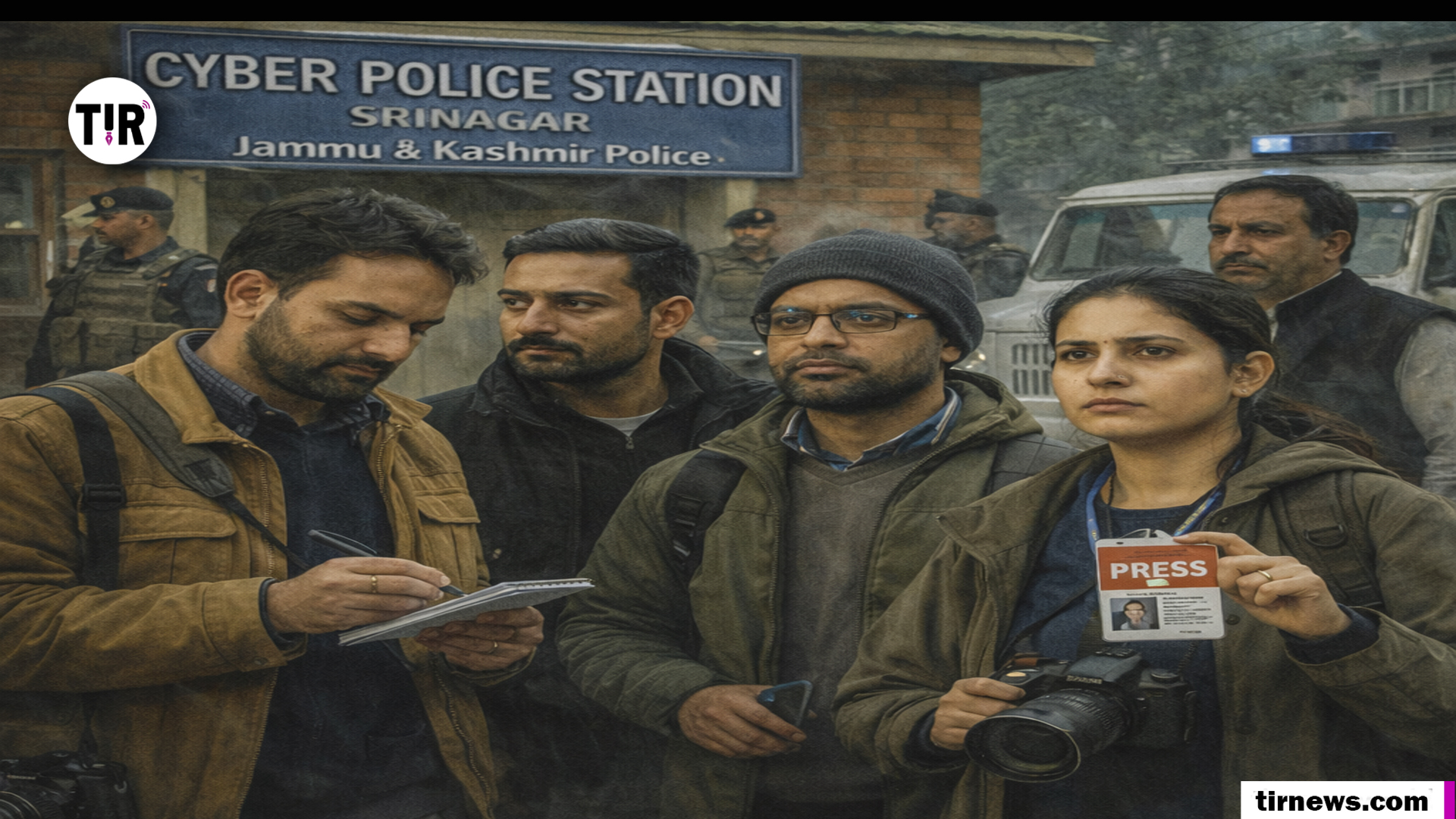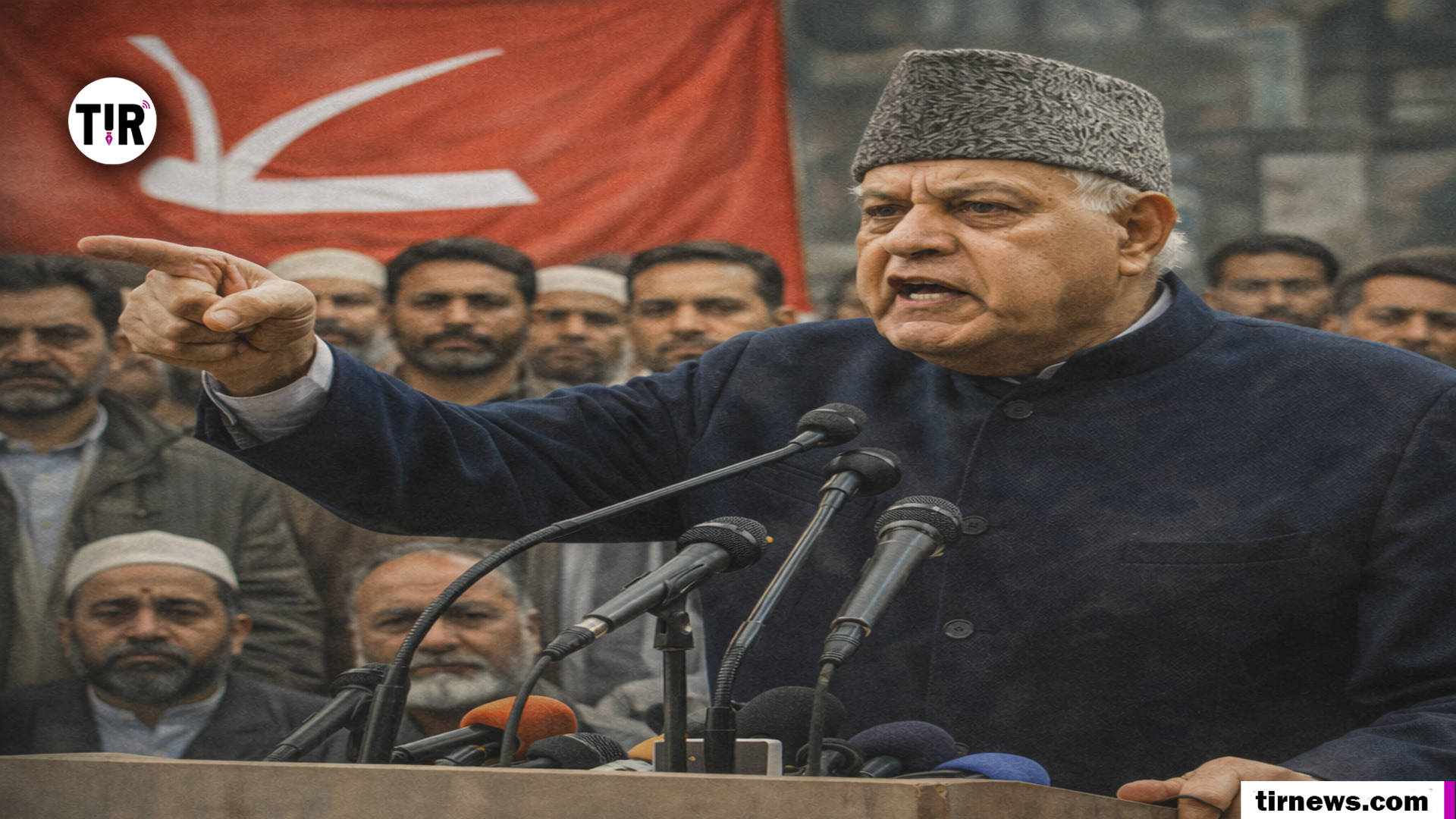On August 29, 2025, the Supreme Court dismissed a Public Interest Litigation (PIL) challenging the Jammu & Kashmir government’s notification that declared 25 books forfeited under Section 98 of the Bharatiya Nagarik Suraksha Sanhita (BNSS), 2023. The court advised the petitioner to move the Jammu & Kashmir & Ladakh High Court, stating it’s the proper forum to examine the matter (LawBeat, Free Press Kashmir, The Indian Express).
A bench led by Justices Surya Kant, Joymalya Bagchi, and Vipul M. Pancholi emphasized that High Courts—recognized as constitutional courts—are better placed to assess cases involving local context, particularly when some of the authors are residents of the Union Territory. The bench also reiterated that it expressed no opinion on the merits of the case (LawBeat, Law Street, Live Law).
Legal and Constitutional Arguments
The petitioner, represented by Senior Advocate Sanjay Hegde, argued that Section 98 of BNSS allows the state to seize books without clearly defined criteria, enabling an official in one region to ban books across the entire country. This, he stated, is “overbroad” and potentially violates fundamental rights under Articles 14, 19(1)(a), 19(2), and 21 of the Constitution (LawBeat, Live Law).
The Supreme Court noted that bypassing the High Court—even for significant legal questions—is undesirable and could undermine judicial procedure. Justice Kant remarked that moving the case to another jurisdiction would be “demoralising” for the High Court (LawBeat, The Indian Express).
Background & Broader Context
The contentious August 5 notification, issued by the J&K Home Department under Lieutenant Governor Manoj Sinha, listed 25 books—including Arundhati Roy’s “Azadi”, A.G. Noorani’s “The Kashmir Dispute 1947–2012”, and works by Sumantra Bose—that were deemed to “excite secessionism,” distort historical facts, glorify militants, vilify security forces, and fuel alienation among youth (Free Press Kashmir, Live Law, The Indian Express).
Critics argue the order represents excessive prior restraint by the state and imposes the severest penalty—complete forfeiture—without considering less intrusive alternatives like selective redaction or context-based adjudication (LawBeat, Live Law).



